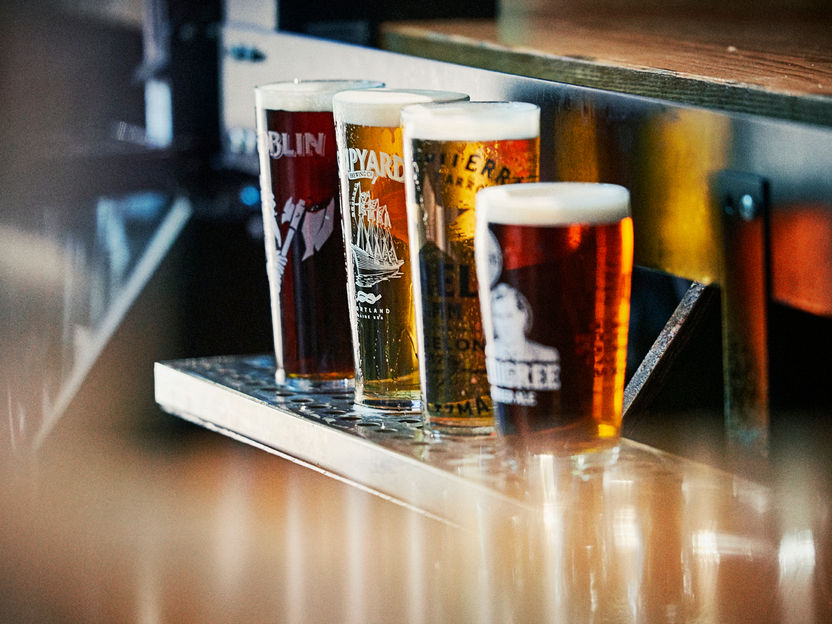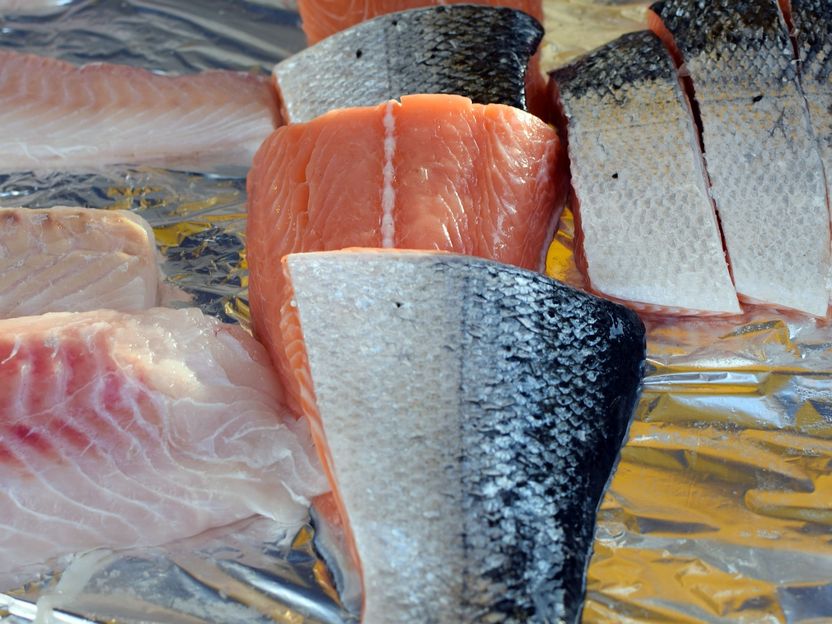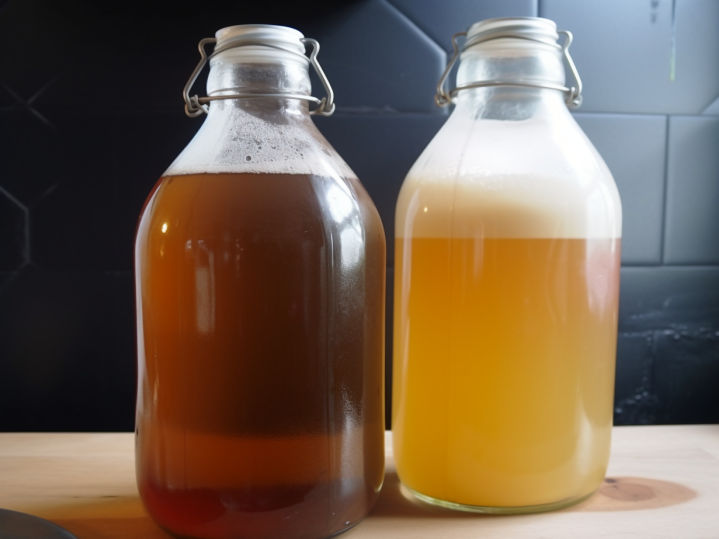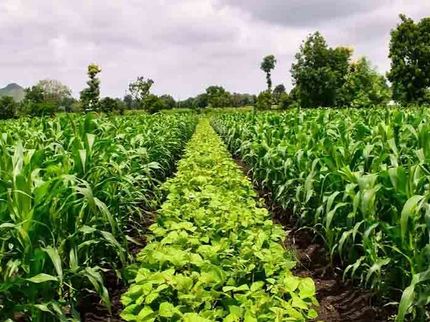McCain Foods Commitment will Help Limit Global Warming to 1.5°C
McCain Foods’ commitment to cut in half greenhouse gas emissions across all of its global operations by the end of the decade has been verified to align with efforts to limit global warming to 1.5°C.

Bild von Jürgen Jester auf Pixabay
Consistent with its Global Sustainability Strategy and pledge to produce planet-friendly food, McCain Foods made the commitment with the release of its first sustainability report last year. With the launch of the McCain Foods 2020 Global Sustainability Report Summary this week, it has announced that its emission reduction plan and targets have been approved by the Science Based Targets initiative, aligning them with current climate science and the ambitious goals of the Paris Agreement to keep global warming to 1.5°C.
McCain is the only food and beverage company in Canada — and one of only 33 in the world — to be verified by Science Based Targets with a commitment to reduce its emissions to this extent.
“By having our targets validated as science-based, McCain is ensuring our actions will make a meaningful contribution to global efforts to tackle climate change,” says Max Koeune, President and Chief Executive Officer of McCain. “When we say we are reducing our carbon emissions by 50 per cent, that is actual decarbonization across our operations. Carbon offsets cannot be used with the Science Based Targets initiative. This is a robust, substantial commitment to move towards carbon neutrality.”
McCain’s 2020 Global Sustainability Report Summary, Together, Towards Planet-Friendly Food, highlights a series of commitments and initiatives that will help the company reach its emissions targets.
The company’s commitment to implement regenerative agricultural practices across 100 per cent of its potato acreage will help cut its emissions related to farming by 25 per cent. Another key initiative is the solar farm and biogas digester McCain is building at its production facility in Ballarat, Australia. Set to be fully operational next year, it will yield a 39 per cent reduction in energy from the grid, and reduce carbon emissions by 27,000 tonnes a year.
Other carbon-reduction initiatives planned or under way include:
- Moving to 100% renewable electricity by 2030.
- Building renewable generation capacity at its processing plants.
- Phasing out use of coal in all operations, including China where the recent phase out reduces McCain’s annual carbon emission by 21,000 tonnes annually.
- Further reducing reliance on fossil fuels through electrification and alternative fuels.
- Continuing to drive energy efficiency improvements across its global facilities
- Ensuring 100% of packaging will be recyclable, reusable or compostable by 2025.
“Our commitment to cut our global emissions in half is what the latest climate science says is needed to prevent the most damaging effects of climate change,” says Mr. Koeune. “It will also help us establish a clearly defined pathway to more sustainable farms and operations.”
The Science Based Targets initiative is an international collaboration that defines and promotes best practices in setting targets for greenhouse gas emission reductions and also independently assesses the targets set by participating companies. It helps companies set emissions reduction targets in line with what the latest climate science says is needed to meet the goals of the Paris Agreement — to limit global warming to well-below 2°C above pre-industrial levels, and pursue efforts to limit warming to 1.5°C.
Read Together, Towards Planet-Friendly Food, 2020 Global Sustainability Report Summary at www.mccain.com/Sustainability-Report-Summary-2020/
Most read news
Other news from the department business & finance

Get the food & beverage industry in your inbox
By submitting this form you agree that LUMITOS AG will send you the newsletter(s) selected above by email. Your data will not be passed on to third parties. Your data will be stored and processed in accordance with our data protection regulations. LUMITOS may contact you by email for the purpose of advertising or market and opinion surveys. You can revoke your consent at any time without giving reasons to LUMITOS AG, Ernst-Augustin-Str. 2, 12489 Berlin, Germany or by e-mail at revoke@lumitos.com with effect for the future. In addition, each email contains a link to unsubscribe from the corresponding newsletter.
Most read news
More news from our other portals
Last viewed contents

Taking nutritional support in competitive sport to a new level

Latin America dairy packaging can address environmental impact - Make recycling simple through easier separation of packaging elements

Artificial intelligence for the agricultural and food industry - Closing event of the BMEL-funded AI projects and X-KIT at Fraunhofer IESE

Two breweries become one, as Carlsberg Marston's Brewing Company - The new company unites two historic brewers
ABB Technology Ventures invests in Indian food industry startup

Fish fillet not a new invention - patent claims partially deleted

Wind turbine blades could someday be recycled into sweet treats - New turbine material by combining glass fibers with a plant-derived polymer and a synthetic one

Why wild African fruits can supplement low protein staple foods

Kombucha to kimchi: Which fermented foods are best for your brain?

Tiny fish could unlock big gains in tackling global malnutrition - Tiny fish could play a big part in tackling malnutrition and the food insecurity crisis across the globe, a new study reveals.
Sweegen Announces Successful Commercialization of Bestevia™ Reb-M - Initial product shipments to a major global beverage company were completed in January ahead of schedule































































